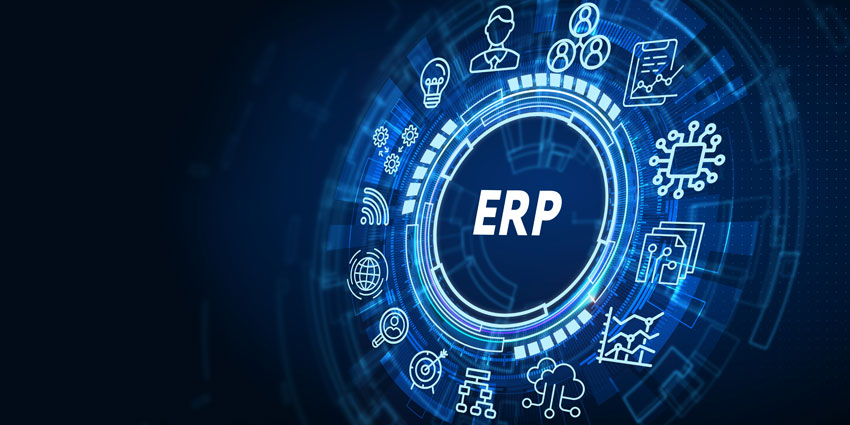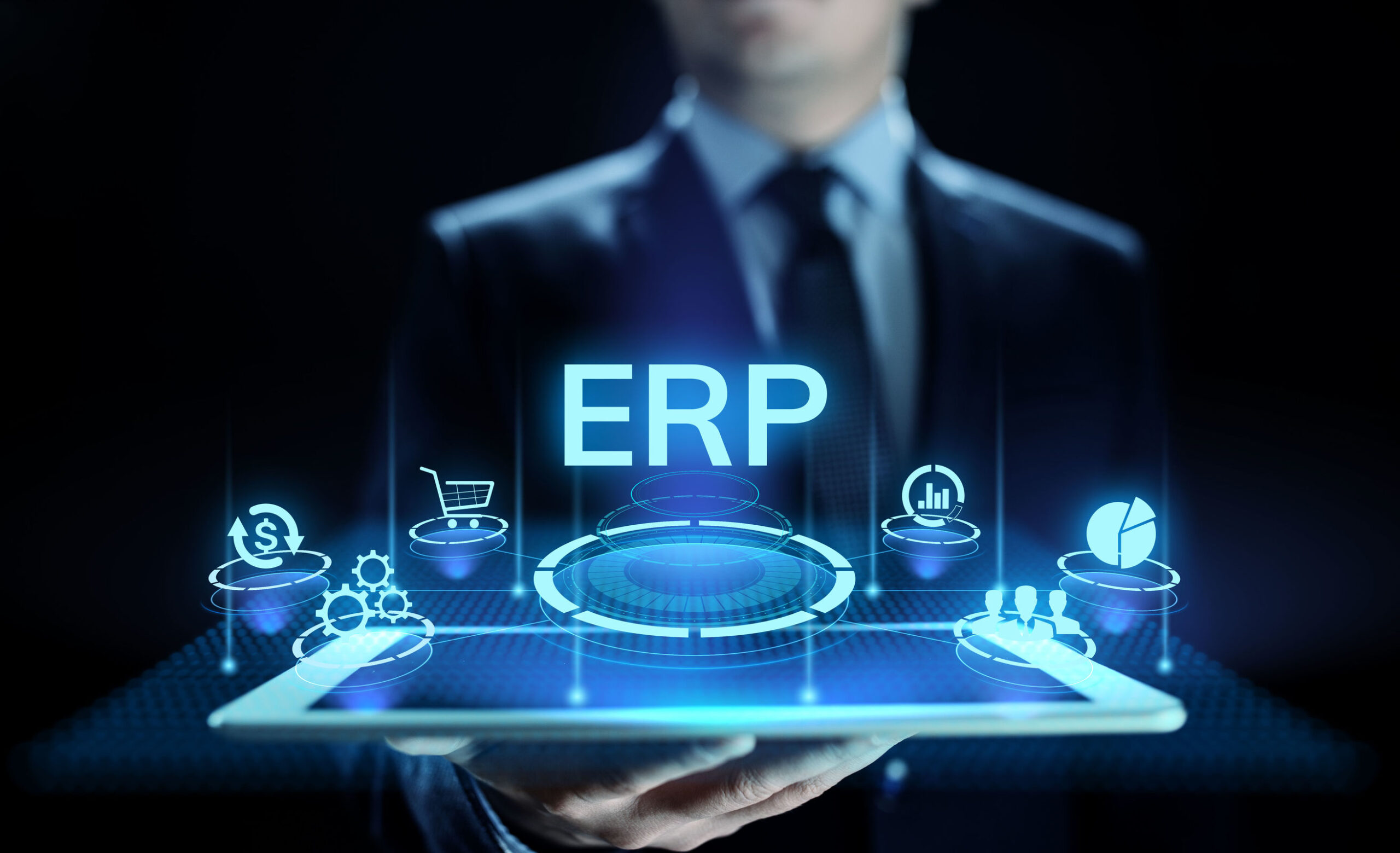In the fast-paced world of service-oriented industries, staying ahead of the curve is imperative for success. A crucial linchpin in achieving this competitive edge is the effective use of technology, with Enterprise Resource Planning (ERP) software emerging as a cornerstone tool. As we stride into a new era, a myriad of trends is shaping how service companies approach ERP adoption. In this in-depth analysis, we will delve into the prominent ERP trends that service companies should pay heed to, aiming to augment their operational efficiency, heighten customer satisfaction, and bolster overall business performance.
Cloud-Based ERP Solutions
In recent years, a profound shift towards cloud-based ERP solutions has been witnessed, and this transformation is particularly pronounced in service industries. Cloud-based ERP systems offer unparalleled flexibility and scalability, enabling service companies to access critical business data irrespective of geographical constraints. Beyond fostering remote work, these systems facilitate real-time collaboration, pushing the boundaries of teamwork. Moreover, the allure of lower upfront costs and seamless automatic updates makes cloud-based ERP a compelling choice, allowing service companies to streamline operations and trim down IT overhead.
Emphasis on Mobile ERP Accessibility
The omnipresence of remote work and the growing necessity for on-the-go access to business information have thrust mobile ERP accessibility into the limelight for service companies. Modern ERP systems are crafted with responsive interfaces, ensuring seamless access from various devices, including smartphones and tablets. This not only enhances workforce mobility but also elevates overall productivity by placing critical data at the fingertips of employees, regardless of their physical location.
Integration of Artificial Intelligence (AI) and Machine Learning (ML
In the pursuit of delivering more personalized and efficient services, service companies are increasingly embracing the integration of Artificial Intelligence (AI) and Machine Learning (ML) into their ERP systems. These advanced technologies have the capacity to analyze vast datasets, identifying patterns and insights that might elude human operators. For service companies, this translates into improved forecasting, sharper decision-making, and the ability to proactively address customer needs. Furthermore, AI and ML play a pivotal role in automating routine tasks, liberating human resources to focus on strategic and value-added activities.
Focus on Customer Experience
Elevating customer experience to a paramount position in their priorities, service companies are integrating features within ERP systems that enable a comprehensive view of customer interactions, preferences, and historical data. This holistic approach empowers service professionals to deliver personalized and timely services, fostering enhanced customer satisfaction and loyalty. By intertwining Customer Relationship Management (CRM) functionalities within ERP systems, service companies can cultivate stronger relationships with clients, thereby differentiating themselves in a fiercely competitive market.
Cybersecurity as a Top Priority
The increasing digitization of business processes has catapulted cybersecurity to the forefront of priorities for service companies. Handling copious amounts of sensitive data, including client information, financial records, and intellectual property, necessitates the integration of robust cybersecurity measures within ERP systems. This involves implementing encryption protocols, adopting multi-factor authentication, and conducting regular security audits to identify and rectify potential vulnerabilities. A secure ERP system not only shields the company’s data but also instills confidence in clients entrusting their sensitive information to the service provider.
Customization and Scalability for Diverse Service Models
Service companies, each with unique business models and operational needs, find a savior in the form of customizable ERP systems. The era of one-size-fits-all solutions is waning. Modern ERP systems are increasingly malleable, allowing service companies to tailor the software to their specific requirements. Whether providing consulting services, maintenance and support, or project-based solutions, the ERP system’s adaptability to diverse service models is imperative. Moreover, scalability ensures that the ERP system can seamlessly grow with the business, cementing its status as an asset rather than a hindrance.
Data Analytics for Informed Decision-Making
Data, the lifeblood of service companies, assumes paramount importance. The ability to effectively leverage data can confer a significant competitive advantage. ERP systems equipped with robust data analytics capabilities empower service companies to extract meaningful insights. These insights, ranging from performance metrics to financial forecasting, inform strategic decision-making, optimize resource allocation, and identify areas for improvement. The capacity to analyze and interpret data within the ERP system allows service companies to make informed, data-driven decisions that positively impact their bottom line.
The Rise of Blockchain in Service Company ERP Systems
As the digital landscape continues to evolve, service companies are looking to incorporate innovative technologies into their ERP systems to gain a competitive edge. One such technology making waves is blockchain. Traditionally associated with finance and cryptocurrency, blockchain is finding new applications in ERP systems, promising enhanced security, transparency, and efficiency.
Blockchain’s decentralized and tamper-resistant nature makes it an ideal candidate for securing sensitive data within ERP systems. Service companies deal with vast amounts of confidential information, from client contracts to intellectual property. Implementing blockchain technology ensures that data remains secure, and transactions are transparent, reducing the risk of fraud and unauthorized access.
Moreover, blockchain can streamline complex processes in service industries. Smart contracts, self-executing contracts with the terms of the agreement directly written into code, can automate and validate contractual agreements. This not only reduces the risk of errors but also accelerates the execution of contracts, enhancing overall operational efficiency.
In service industries, where supply chain management plays a crucial role, blockchain’s decentralized ledger can provide real-time visibility into the supply chain. This transparency allows for better tracking of goods and services, minimizing delays and improving overall customer satisfaction. It also contributes to accountability and sustainability efforts by providing a verifiable record of each transaction in the supply chain.
The integration of blockchain into ERP systems also has the potential to revolutionize financial processes. With blockchain, financial transactions can be executed seamlessly, cutting down on processing times and reducing the need for intermediaries. This can result in cost savings for service companies and faster, more transparent financial transactions.
A Vision for Success
In conclusion, the dynamic landscape of service industries mandates a proactive approach to technology adoption, and ERP systems stand as pivotal catalysts in this transformative journey. The trends discussed – cloud-based solutions, mobile accessibility, AI and ML integration, customer-centric approaches, cybersecurity measures, customization, scalability, and data analytics – collectively shape the future of ERP for service companies. Embracing these trends not only ensures competitiveness but positions service companies as trailblazers in their respective domains. As we navigate the future, strategic implementation of these ERP trends will undoubtedly pave the way for enhanced efficiency, innovation, and sustained success in the dynamic realm of service-oriented businesses. The journey forward promises to be an exciting one, marked by the strategic adoption of these trends, ensuring that service companies not only meet but exceed the evolving expectations of their clients in an increasingly digital and interconnected world.





